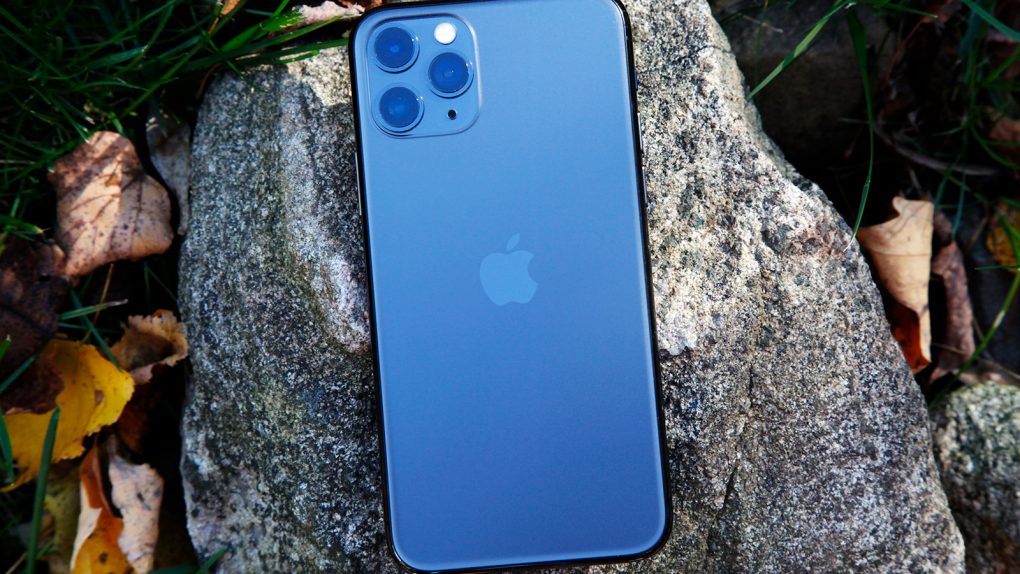A new study commissioned by Penumbra Brands finds that radiation emanating from the iPhone 11 Pro is at a level thought to be dangerous to consumers. Specifically, results tabulated by RF Exposure Lab reveal that radiation from the iPhone 11 Pro is more than twice the FCC’s existing safety limit.
The tests were performed with an iPhone 11 Pro located approximately 5mm away from a mannequin, with RF Exposure Lab noting that the radiation exposure could be even more pronounced if a phone is located in a user’s pocket.
“Cellphone users should be concerned about exposure to RF radiation,” Penumbra Brands CTO Ryan McCaughey said in a press release. “The testing shows the iPhone 11 Pro potentially exposes people to more than double what the FCC has deemed safe.”
So should you be worried? Well, you might want to take this report with a whopping grain of salt.
For starters, look at the chart below.
It seems a bit jarring at first glance, to be sure. However, you’ll notice that a standalone iPhone 11 Pro is being measured against iPhones housed in Gadget Guard cases with alara technology. And guess who sells these cases? Why Penumbra Brands, of course.
The company’s website reads in part:
Alara-enabled cases are embedded with proprietary technology which automatically couples with the mobile devices internal antennas, redirecting radiation away from the user, thereby reducing exposure to cell phone radiation without degrading the phone’s signal. Results from tests in FCC-certified labs show that alara technology… reduces exposure by up to 67% versus an unprotected device.
Essentially, the company warning against iPhone 11 Pro radiation just so happens to be the same company willing you to sell you an iPhone case to protect yourself from said radiation. How convenient.
If any of this sounds familiar, you might recall that the Chicago Tribune last year commissioned a similar study and found that Apple’s iPhone 7 put out radiation at a level that was far in excess of the federal limit. The story naturally gained a lot of traction and prompted Apple to provide the FCC with a few iPhone models for further testing.
When the dust settled, the FCC found that the iPhone X, iPhone 8, and iPhone 7 put out radiation that was far below the federal limit for radiofrequency radiation.
The FCC’s full report can be found over here.
Penumbra Brands challenges the FCC report to the extent that its own testing used off-the-shelf iPhone models whereas the FCC’s testing used iPhones supplied by Apple. It seems beyond the realm of comprehension, however, that Apple would slyly provide the FCC with some sort of tweaked iPhone model in an effort to skew the test results. And yet, that seems to be what Penumbra Brands is implying.
“In the recent FCC tests, the iPhone XS model that wasn’t supplied by Apple reveals the testing flaws—radiation is 28 times higher than the agency’s original report,” McCaughey said. “That discrepancy should have been cause for alarm at the FCC, but they didn’t even comment on it. Consumers should develop cellphone use habits to protect themselves from over exposure.”
At this point, the only cause for alarm is coming from a company willing to sell you a solution for a problem the FCC claims doesn’t exist.
You can do with that information what you will, but it seems like a safe bet that excessive radiation from the iPhone 11 Pro is not something worth worrying about.








